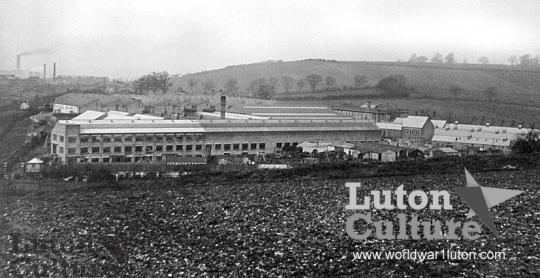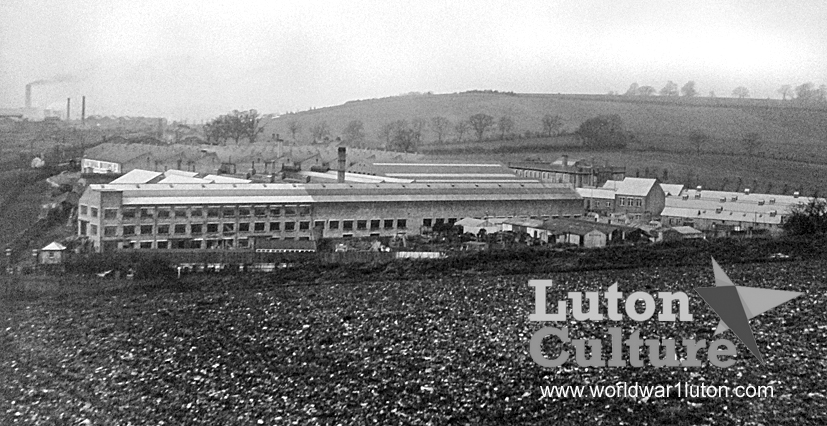Industry in 1919: Vauxhall Motors Ltd
Classification
Source

With an end to hostilities in 1918, industry faced the prospect of switching from four years of war-time production to peace-time working. In an interview with The Luton News (January 23, 1919), Mr Thomas Mackenzie, Secretary of Vauxhall Motors Ltd, was optimistic about what the future held and said:
“Our pre-war product was the private car, and during the war that branch went on and increased with great vigour. We continued to build the private type of car for war purposes, and all our output has gone to the Forces since October 1914. We have not had a private sale till the last week or so.
“As our manger stated at the last general meeting before the war, we had a moderate business selling a high-class car with a good reputation. Soon after the commencement of the war our products were taken by the War Office, and in a little time our reputation for turning out the best car was considerably increased, with the result that not only the whole of our cars were wanted by the War Office, but we were asked to increase our factory so more than to double the output.
“Though we have the factory built and equipped for this output, unfortunately the authorities have not been able to obtain the requisite amount of labour, and we are not working to our fullest and most economical capacity. I am fully convinced that we shall get the bulk of the business in our class of car, and I think we can feel very satisfied in that we have got works thoroughly equipped with modern plant to take full advantage of the position we shall be in, for I think there will be no doubt that we shall be able to get all the labour we shall want at that time.
“It is difficult and dangerous to forecast the future, particularly when one feels that the future holds for us such brilliant prospects, and I am loth to let my enthusiasm of optimism on this subject lead me into statements which might be considered by anyone too optimistic or unjustified.
“We had, before the armistice was signed, on our books more orders than we have ever had before in the whole history of the company. Since then they have been coming in greatly increased numbers, and our position today is as satisfactory as I could wish.
“Secondly, the war has brought home to the public in a way that perhaps nothing else could have done the absolute necessity of the motor-car, both from the national and individual point of view.
“Thirdly, there have been practically no new cars sold to the public for the last four years, and the natural increased demand that one would expect during the period has to be met.
“Fourthly, there are the large and very valuable markets abroad which were formerly chiefly served by the Germans which, with an energetic policy, we ought to be able to capture.
“Lastly, there is undoubtedly ahead of us a period of years of great commercial activity; in fact a boom period for trade, which is bound to reflect on the motor industry by a further demand for cars,
All of these facts, in my opinion, fully justify the most optimistic opinions of the future of our business.”
Mr Mackenzie pointed out that the firm during the war turned out very large quantities of shell fuses, and he added: “Our buildings now cover about three times the area of 1914. One factory was built entirely for fuse production, and covered an area almost as big as the original car factory, whilst our car factories are at least doubled in size.
“Prior to the war, our staff was from 600 to 700, and in the last two years of the war the number rose to nearly 1,800. As to the future, we hope to absorb all the buildings for car manufacture.
“I have no fear of any slump in trade, for we have all those arrears to make good, with orders on the books four years old. Of course, we cannot employ as largely as we did during the war owing to the different class of labour. We need our old skilled hands badly.
“The fuse factory was entirely repetition machine work, which almost any girl could do. We have had no option but to close that department. There are, however, great opportunities for skilled labour in the future, and we could not employ another 200 skilled men.
“We are in a state of transition, but I have no fear of the future, at any rate for some years.”
Author: Deejaya



Add comment